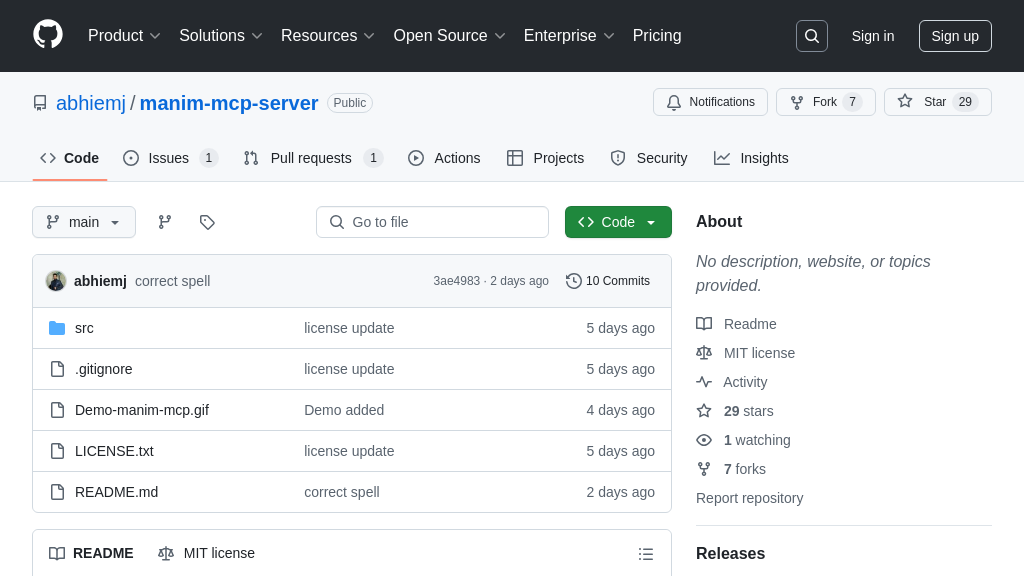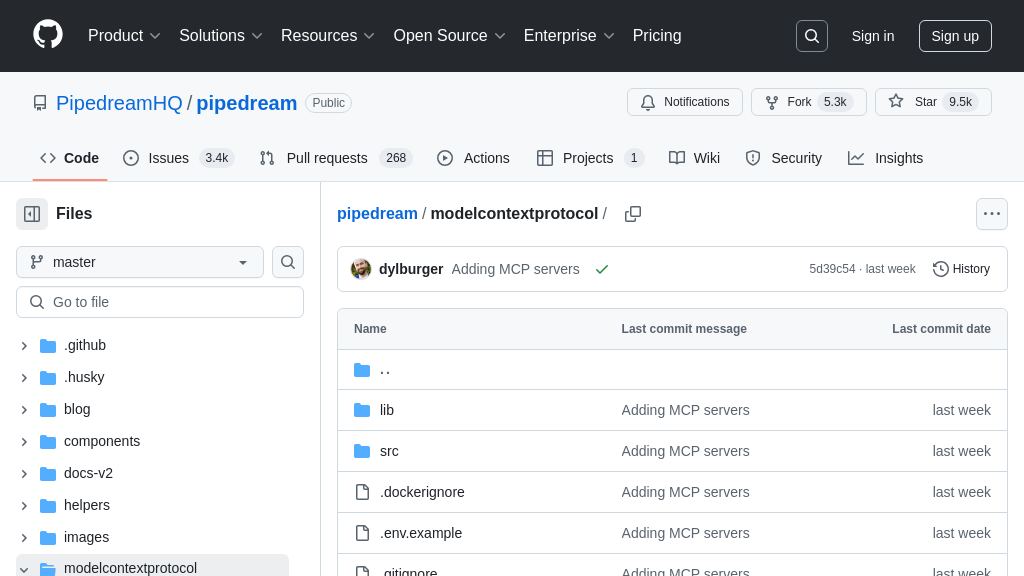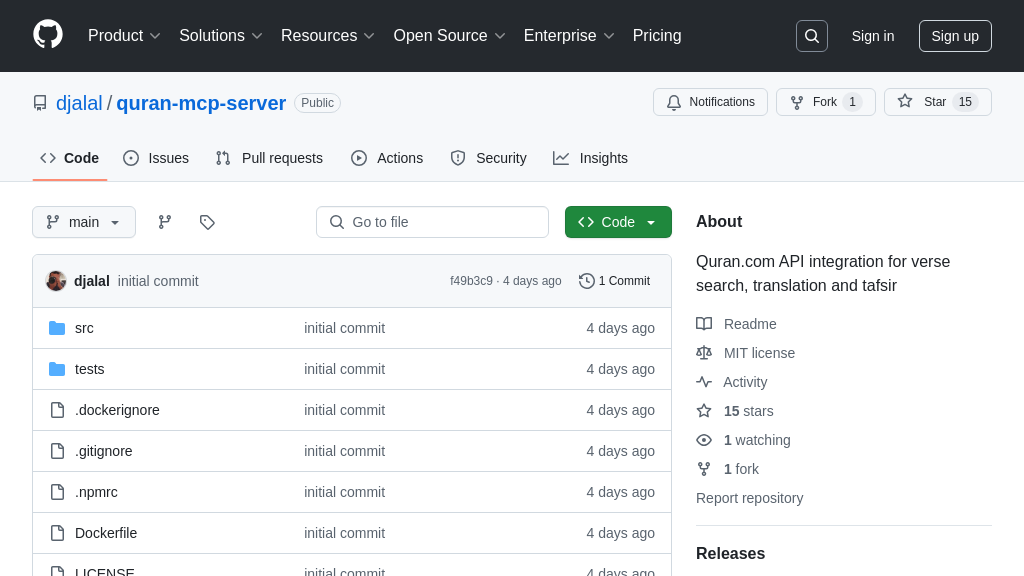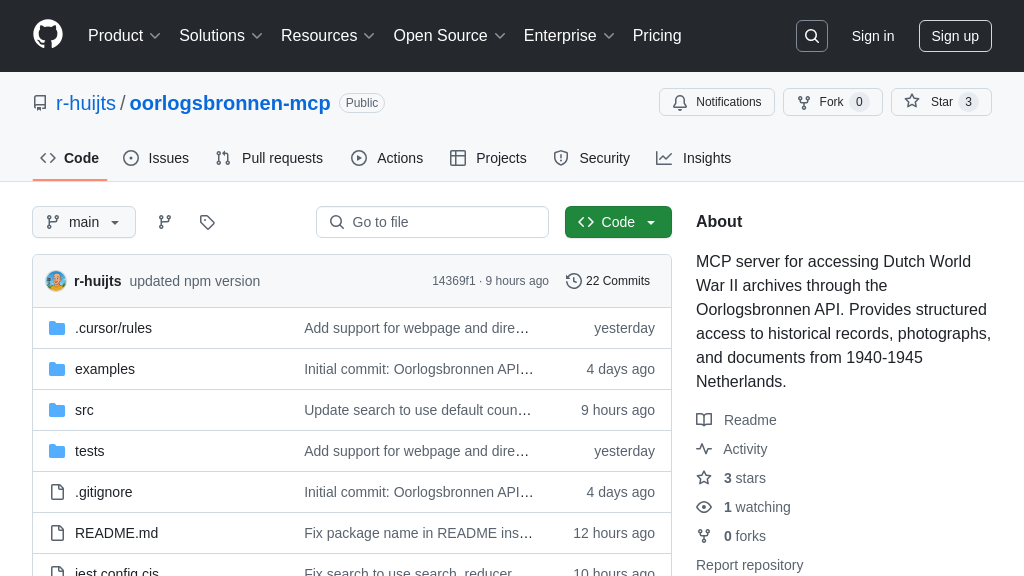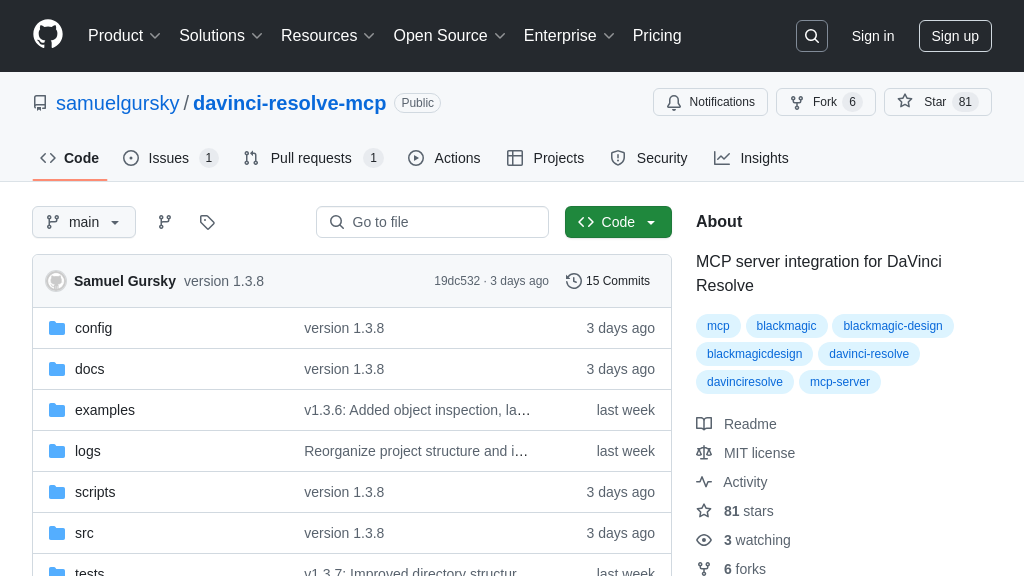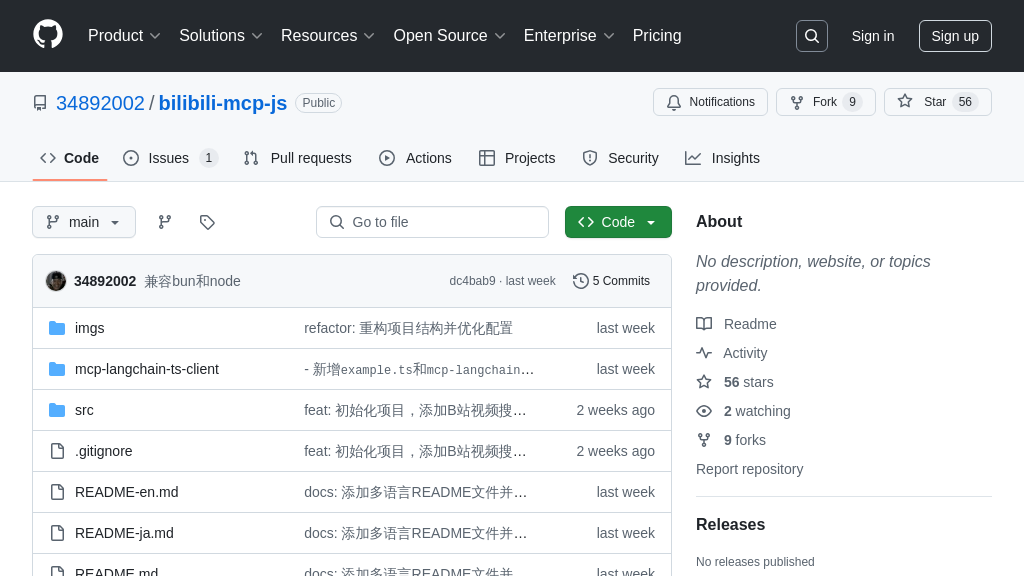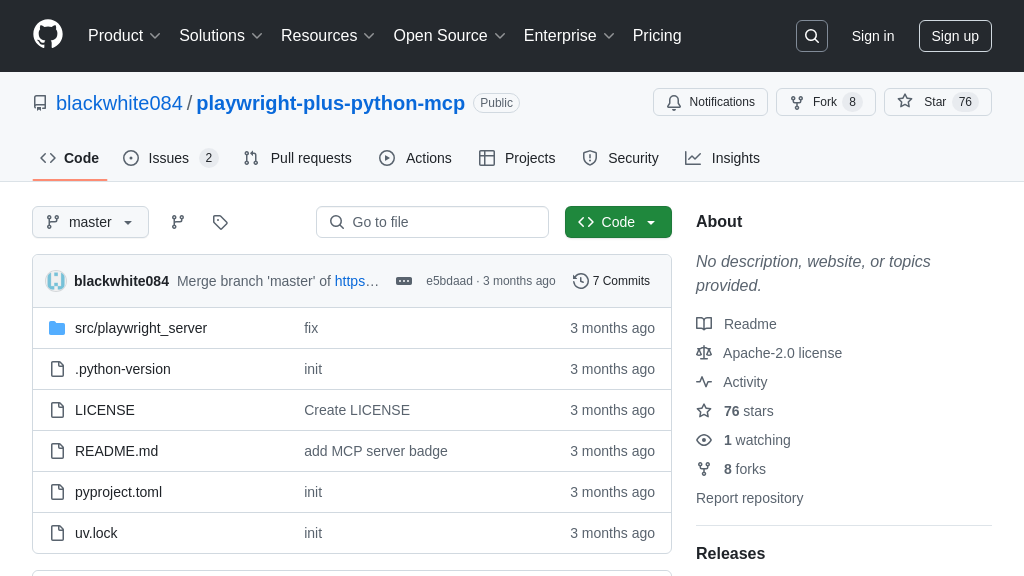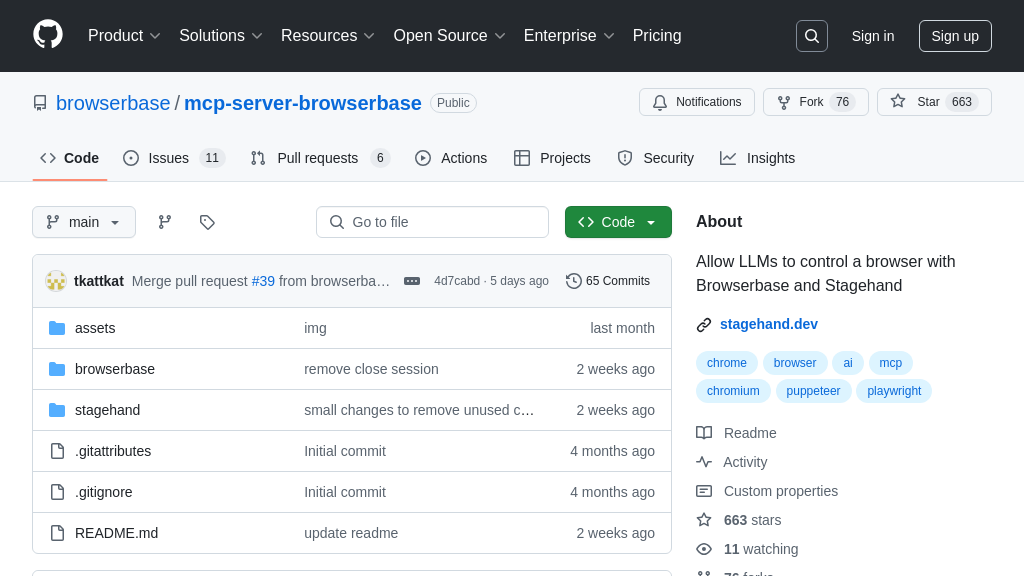mcp-link
MCP Link: Convert OpenAPI V3 APIs to MCP Servers for AI agents.
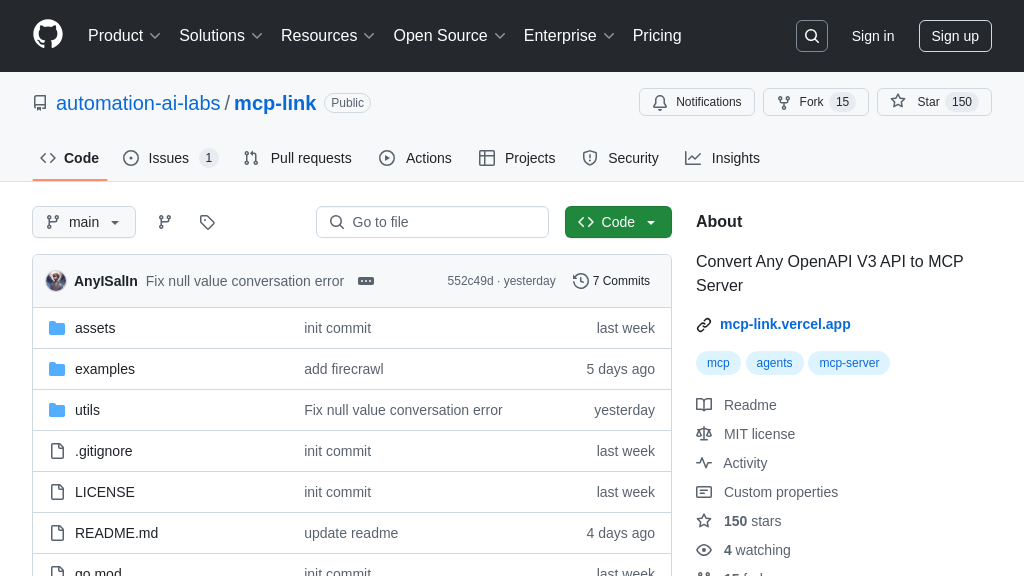
mcp-link Solution Overview
MCP Link is a valuable tool for developers, designed to streamline the integration of any OpenAPI V3 API into the MCP ecosystem by converting them into MCP servers. It addresses the challenges of manual MCP interface creation, incomplete implementations, and the lack of standardization. MCP Link automates this conversion, ensuring seamless integration with AI agents and adherence to MCP specifications.
Key features include automatic generation of MCP servers from OpenAPI schemas, complete mapping of API endpoints, and zero code modification to existing APIs. By using MCP Link, developers can instantly make their RESTful APIs compatible with AI-driven applications, saving time and reducing potential errors. It supports various authentication methods and offers flexible path filtering. This enables AI models to interact with a wider range of services through a standardized and efficient interface, fostering a more connected and functional AI ecosystem.
mcp-link Key Capabilities
OpenAPI to MCP Conversion
MCP Link automates the conversion of OpenAPI V3 specifications into fully functional MCP servers, bridging the gap between existing RESTful APIs and the AI agent ecosystem. It parses the OpenAPI schema to understand the API's endpoints, parameters, and data structures, then generates the corresponding MCP server implementation. This process eliminates the need for manual coding, reducing the time and effort required to integrate APIs with AI agents. For instance, a developer can use MCP Link to quickly expose a CRM system's API to an AI-powered sales assistant, enabling the AI to access and update customer information without writing custom integration code. The tool ensures that all API endpoints are correctly mapped to MCP actions, providing complete functionality to the AI agent.
Seamless API Integration
MCP Link enables seamless integration of existing RESTful APIs into AI-driven applications without requiring modifications to the original API implementation. This is achieved by acting as an adapter, translating MCP requests into the format expected by the underlying API and vice versa. This feature is particularly valuable for organizations that have invested heavily in their existing API infrastructure and want to leverage AI without disrupting their current systems. For example, a company using a third-party payment gateway can use MCP Link to allow an AI chatbot to process payments without needing to change the way the payment gateway is configured or used. The integration is facilitated through configuration, specifying the OpenAPI specification and the base URL of the target API.
Standardized API Access
MCP Link promotes standardized API access within the AI agent ecosystem by ensuring that all converted APIs adhere to the MCP specification. This standardization simplifies the development of AI agents, as they can interact with different APIs in a consistent manner, regardless of their underlying implementation. By adhering to the MCP standard, MCP Link ensures compatibility with various AI agent frameworks and tools. For example, an AI agent designed to work with MCP-compliant APIs can seamlessly interact with a variety of services, such as task management, calendar scheduling, and data analysis, all exposed through MCP Link. This reduces the complexity of AI agent development and promotes interoperability across different services.
Parameterized Endpoint Filtering
MCP Link offers flexible endpoint filtering capabilities, allowing developers to selectively include or exclude specific API endpoints during the conversion process. This feature is useful for controlling the scope of API access granted to AI agents, ensuring that they only have access to the necessary functionality. The filtering is based on path expressions, allowing for fine-grained control over which endpoints are exposed. For example, a developer can use MCP Link to expose only the read-only endpoints of a database API to an AI agent, preventing it from making unauthorized modifications to the data. The syntax supports wildcards for matching multiple endpoints, making it easy to define complex filtering rules.
Authentication Header Configuration
MCP Link supports configurable authentication headers, enabling secure access to APIs that require authentication. This feature allows developers to specify the authentication method and credentials required to access the underlying API. The authentication header is automatically included in all requests made by the MCP server to the API. For example, a developer can use MCP Link to access an API that requires an API key by specifying the header name and value prefix in the MCP Link configuration. This ensures that the AI agent can securely access the API without needing to manage the authentication process itself.
